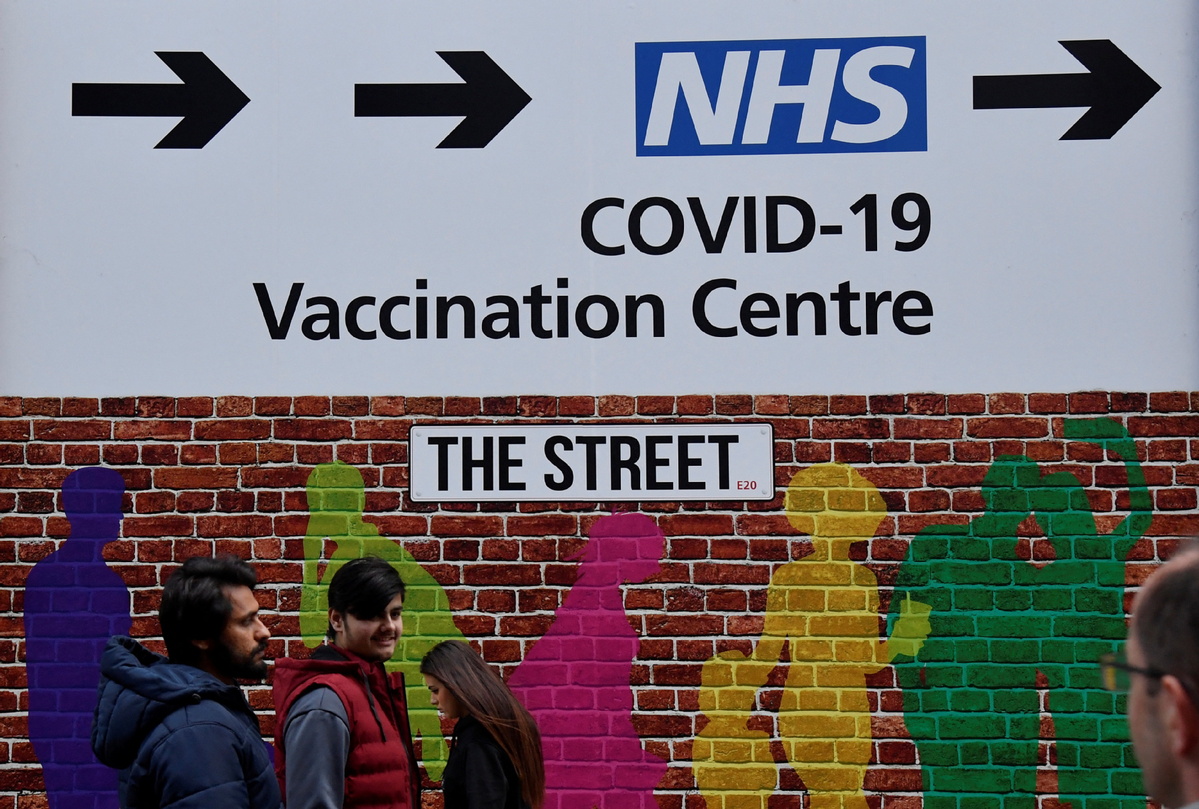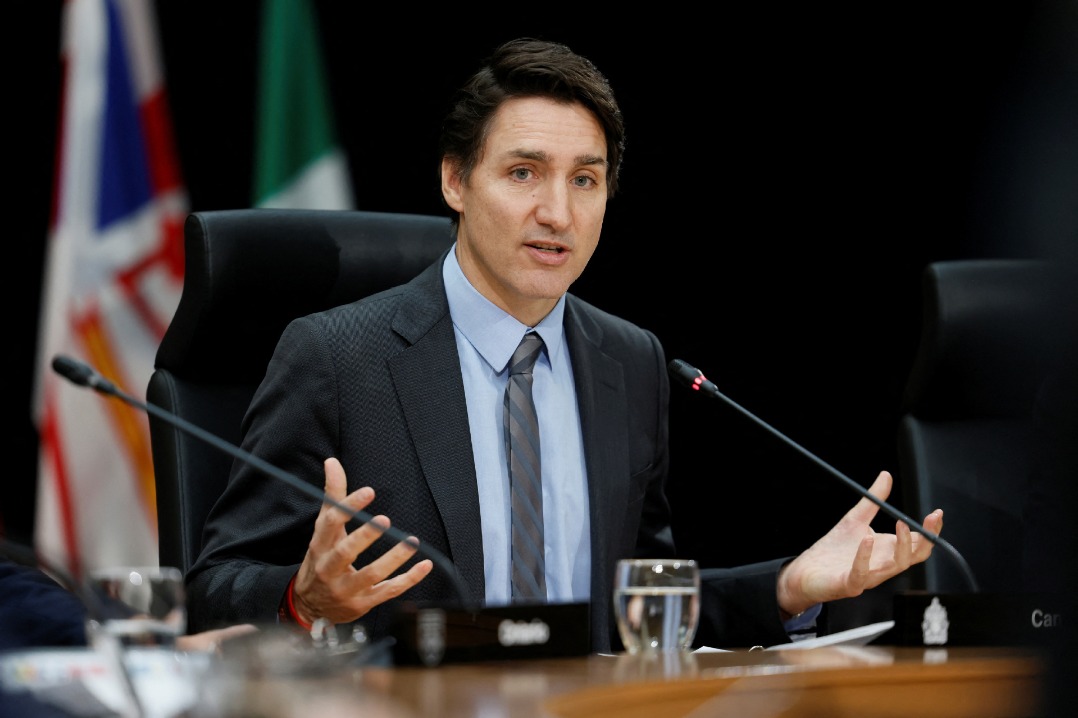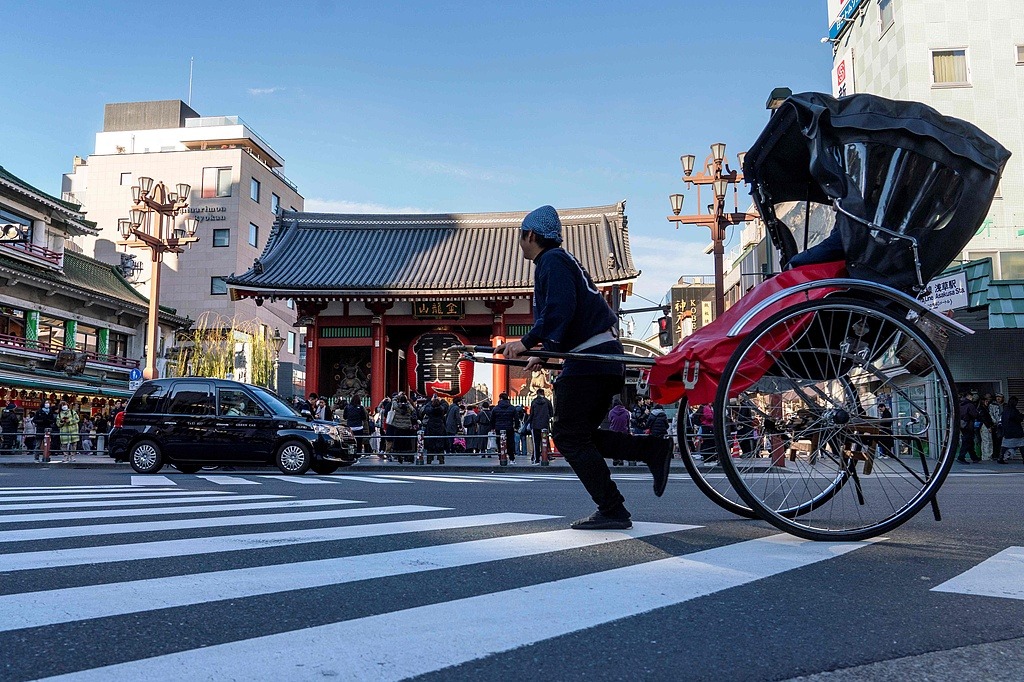End of restrictions, new strains cause virus spike


The United Kingdom's recent decision to ditch its remaining novel coronavirus restrictions has contributed to an alarming spike in the number of people with COVID-19.
The Office for National Statistics, or ONS, said in its latest analysis of the virus's impact on the UK that around one person in 25 currently has COVID-19. In Scotland, that rate is around one in 18, which is the worst it has been since the pandemic began.
Experts said the abandonment of measures aimed at containing the spread of the virus - such as the mandatory wearing of face masks and the need for people with the virus to self-isolate - has led to many of the new infections. But they say waning immunity among people who have been vaccinated, and a new, more transmissible strain of the Omicron variant of the virus have made matters even worse.
Health Secretary Sajid Javid insisted, however, the government has "no concerns at all" about a resurgence of the pandemic in the UK.
"There's a world-class surveillance system in place, and, whilst in some regions we have seen a modest rise in infections, overall case numbers are still very low and hospitalization numbers are way below their peak," the BBC quoted him as saying.
The ONS said its survey of a cross-section of the UK population, alongside random testing it oversees, suggests around 2.6 million people had COVID-19 in the week ending March 5. A week earlier, the total was 2.4 million.
The ONS said the sharpest rise in new infections is happening among older people and the government has announced plans to offer them, and others deemed vulnerable, an extra booster jab as part of a new program starting in April. This is to counteract the waning immunity of previously given injections, which fade in their efficacy over time.
Jenny Harries, the chief executive of the UK Health Security Agency, or UKHSA, said the emergence of new strains of the novel coronavirus shows the pandemic is far from over.
"We can expect to see COVID circulating at high levels," The Guardian newspaper quoted her as saying. "Vaccination remains the best way to protect us all from severe disease and hospitalization due to COVID-19 infection."
The Daily Express newspaper said healthcare professionals are currently worried about the emergence of a variant called Deltacron, which is a recombinant of Omicron and Delta and which could have the ability to cause severe illness, as with Delta, while spreading easily, as with Omicron.
Gisaid, a global group of scientists that shares virus information, said the first Deltacron variant was identified in France last week. The World Health Organization subsequently said the strain had been detected in the Netherlands and Denmark. By Friday, the UKHSA had recorded the first 30 cases of strain in the UK.































